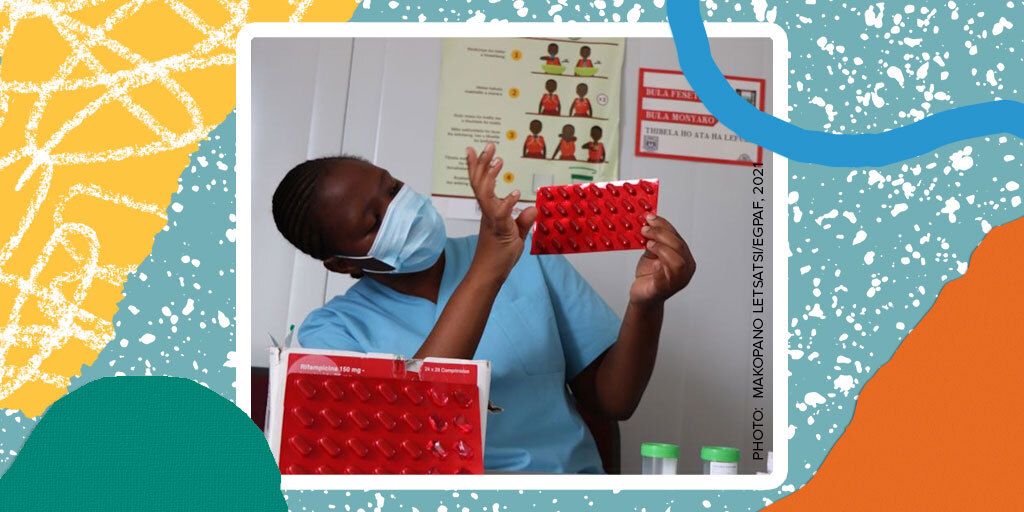Explore Related Stories

Story
Becoming a Family
Published January 2025
Daniel, a boy living in southwest Uganda, began to fall ill in his early years of life. Eventually, his mother took him to Kisoro Hospital, where he was diagnosed with HIV. Initially, Daniel responded well to medication and achieved viral suppression—meaning that HIV became undetectable in his blood. However, following his parents’ separation, Daniel encountered […]
Read Story
Topics:
General,
Pediatric HIV
Countries:
Uganda

Story
Walking the Path to Wellness
Published January 2025
Patricia Mbabazi’s smile fills the room as she attentively listens to Mahoro Florah, a matron at her school in Kisoro—in southwest Uganda, near the Rwanda border. Patricia, 16, is alive and healthy today, but it has been a difficult path to well-being—with Mahoro alongside her for much of the journey. At the age of 2, […]
Read Story
Topics:
General,
Orphan and Vulnerable Children,
Pediatric HIV
Countries:
Uganda

Story
Through Tara’s Story
Published November 2024
In Tanzania, children living with HIV face unique challenges in understanding their condition and the importance of adhering to antiretroviral therapy (ART). Many children, especially those under 10, struggle with complex HIV terminologies and the importance of their treatment. This lack of understanding often leads to poor adherence to ART, which is critical for viral […]
Read Story
Topics:
Pediatric HIV
Countries:
Tanzania

